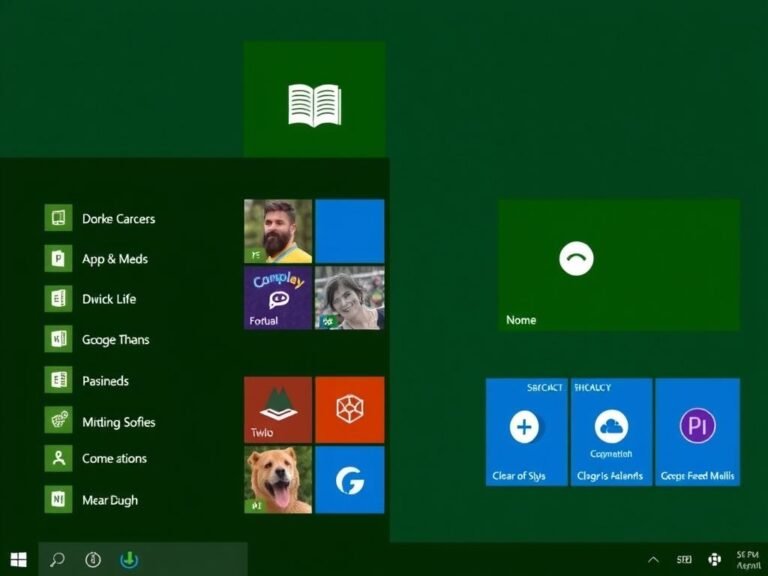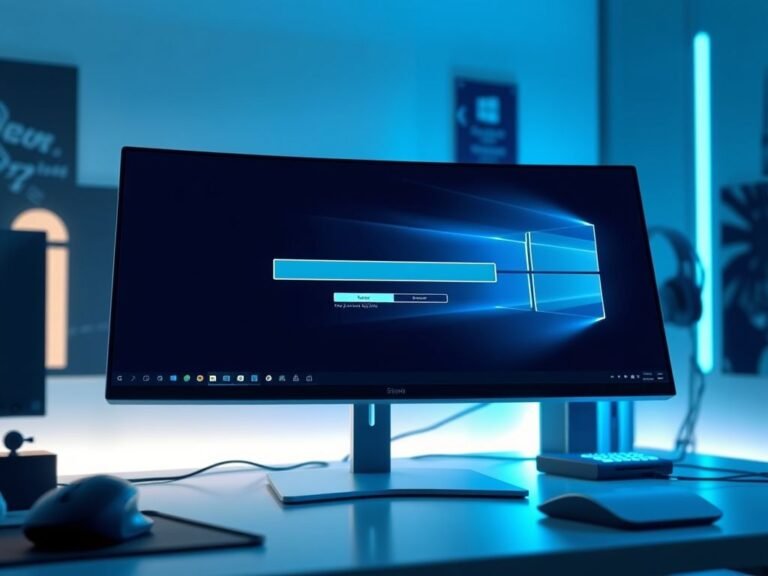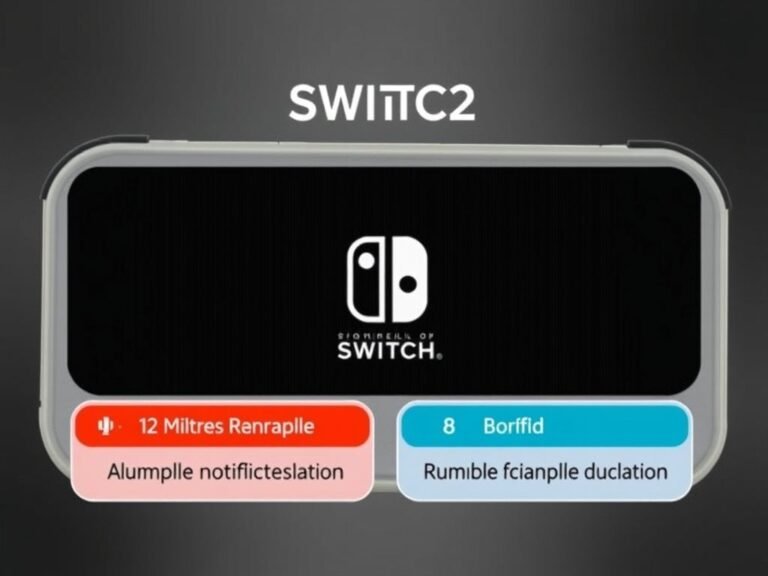Epic Wins a Major Round: Android Users Will Get the Epic Store on Play

Epic Wins a Major Round: Android Users Will Get the Epic Store on Play
In a major blow to Google’s mobile dominance, the U.S. Ninth Circuit Court of Appeals has upheld a landmark antitrust ruling that forces the tech giant to open up the Google Play Store to competition.
The decision, issued today in San Francisco, rejects Google’s appeal of a December 2023 federal court verdict — a case brought by Epic Games, the developer behind Fortnite. The ruling confirms that Google operated an illegal monopoly through its Play Store and its mandatory billing system.
This is a pivotal moment in the ongoing battle over control of app ecosystems — and Epic Games just scored a decisive win.
Why the Court Ruled Against Google
At the heart of Epic’s argument was the claim that Google suppressed competition by tightly linking the Play Store to Google Play Billing, effectively forcing developers to pay commissions of 15% to 30% on all in-app purchases.
The jury in the original trial found that Google didn’t just dominate the market — it actively worked to keep competitors out. Evidence showed the company paid other developers to delay or abandon plans for their own app stores, a strategy that severely limited consumer choice.
This “pay-to-stay-out” behavior damaged the case for Google, making it difficult to argue that the market was truly open or fair.
The October 2023 Order That Changed Everything
The turning point came in October 2023, when Judge James Donato issued a sweeping injunction requiring Google to make fundamental changes to how the Play Store operates. Key mandates include:
✅ Allow rival app stores to be downloaded directly from the Play Store
✅ Let developers use their own payment systems without penalty
✅ Stop blocking developers from informing users about cheaper purchase options outside the app
These changes aim to break Google’s grip on distribution and payments — two pillars of its mobile revenue model.
Google strongly opposed the order. A month later, in November 2023, it filed an appeal, hoping to overturn or delay enforcement. Today’s decision means that effort has failed — at least for now.
Epic Celebrates, Google Warns of ‘Harm’
Reactions from both companies were predictably polarized.
Tim Sweeney, CEO of Epic Games, took to X (formerly Twitter) to celebrate the outcome:
“Thanks to today’s ruling, the Epic Games Store for Android will be coming to the Google Play Store.”
For Sweeney, this isn’t just a legal win — it’s a step toward a more open mobile ecosystem where developers and users have real choice.
Google, on the other hand, struck a defensive tone. Lee-Anne Mulholland, VP of Regulatory Affairs, said:
“This ruling will significantly harm user safety, limit choice, and undermine the innovation that has always been central to the Android ecosystem.”
She added that Google plans to continue appealing, potentially taking the case to the U.S. Supreme Court.
Google’s Final Option: The Supreme Court
With the Ninth Circuit now siding with the lower court, Google’s path forward is narrow. Its only remaining legal option is to petition the Supreme Court of the United States — a long shot, as the Court accepts fewer than 1% of appeals.
Even if Google manages to get a hearing, the momentum is against it. Regulators in the U.S., EU (via the Digital Markets Act), and elsewhere are pushing for exactly this kind of structural change — more openness, less gatekeeping.
What This Means for Android Users and Developers
The practical impact could be significant:
🔹 More app stores available directly on Play — no more sideloading risks
🔹 Lower prices — developers can bypass Google’s fees and pass savings to users
🔹 Greater transparency — apps can tell you about cheaper web purchases
🔹 More competition — a healthier ecosystem for innovation
While enforcement of the court’s order may take months, the direction is clear: Android is becoming less closed — and more open.





